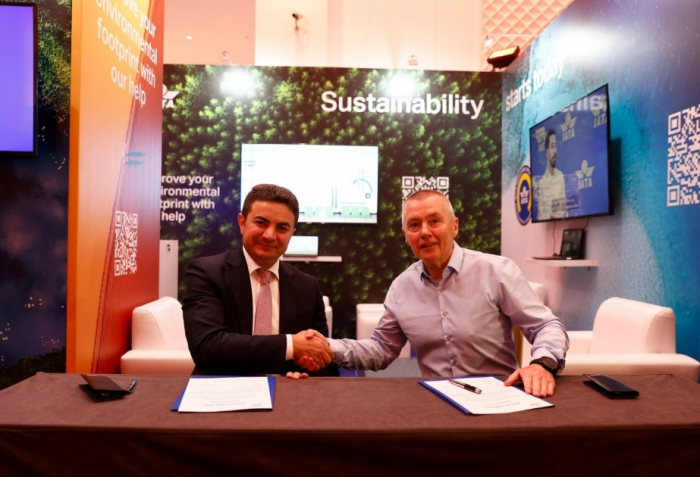The scope of this agreement includes a long-term network and fleet plan for AZAL along with a fuel efficiency gap analysis. The project covers the 2023-2030 network and fleet planning including detailed schedules for 2023-2027 and high-level network plan for 2028-2030. In parallel AZAL’s current fleet planning is being reviewed, including adjustments and recommendations, particularly on phase-in and phase-out dates per aircraft type. The project also includes a fuel efficiency aspect where IATA is reviewing potential fuel savings both from operations and from better purchasing strategies.
IATA is also assisting AZAL in becoming EASA compliant. Azerbaijan as a country is looking at adopting the EASA framework for its own national regulations. As such, AZAL is required to prepare for the adoption of the EASA framework. This includes defining and implementing a Safety Management System (SMS), a Compliance Monitoring function and Continuing Airworthiness Management Organization (CAMO) in line with the EASA’s regulations. IATA will have the above areas reviewed independently and will also provide guidance to AZAL for their implementation.
IATA Consulting was also selected to assist Azerbaijan Air Navigation Services (AZANS) in the development of Azerbaijan’s National Airspace Strategy. The project covers a market forecast, organizational structure and operational efficiency. Airspace and ATM modernization is essential to accommodate forecasted traffic demand in a safe, efficient, sustainable way and as a means of improving connectivity across the country.
"Aviation is a major contributor to the UN’s Sustainable Development Goals, hence strengthening the air transport sector in Azerbaijan will positively contribute to country’s development. The cooperation between IATA and AZAL will help realize the potential for social and economic development by focusing on global standards and best practices,” said Willie Walsh, IATA Director General.
In turn, Samir Rzayev, First Vice-President of AZAL CJSC, said: “We highly appreciate the partnership with IATA and are confident that our cooperation will open up new opportunities for the development of the country's aviation industry. IATA Consulting specialists will be involved in process optimization projects at airports and in the airline such as fleet planning, improving fuel efficiency, ensuring compliance with EASA requirements, as well as many others."
















































